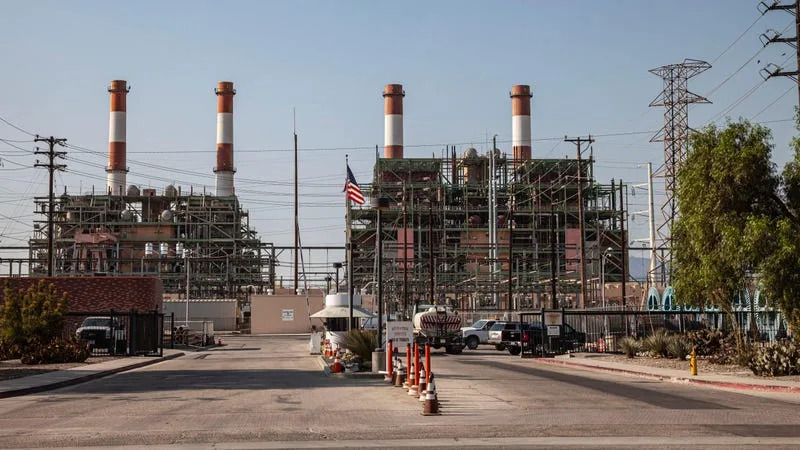José Rodríguez Jr.
Fri, August 25, 2023

Photo: Citizen of the Planet//Education Images/Universal Images Group (Getty Images)
In 2022, global governments subsidized fossil fuels to the tune of $1.3 trillion, according to the International Monetary Fund. It seems member countries of the G20 just can’t wean themselves off oil and gas. So much for all the big promises made by the G20 back in 2009, when subsidies were reportedly going to be phased out. Thanks, Obama. State-sanctioned subsidies for fossil fuels — including coal — have reached record-breaking highs this year, despite major countries pledging to reduce their reliance on these energy sources.
Axios cites research from the IMF and International Energy Agency, which estimates fossil fuel subsidies doubled from the previous year. The Russian invasion of Ukraine prompted much of the subsidies, which served as “policy interventions” shielding people from the brunt of highly volatile pricing in the global energy market. And yet, people still felt the effects of this volatility with high gasoline prices throughout 2022. That makes the subsidies that much more offensive since these come from public money
These “explicit” and “implicit” subsidies are tricky to parse. And the ethics behind them are, likewise, harder to determine given that subsides can “help poor people gain or retain access to vital energy supplies.” Even so, the subsidies are certainly wasteful and tend to go to the wealthy, per Axios.
While the energy crisis of 2022 is responsible for much of the government action regarding public spending on fossil fuels in the wake of the Russian invasion of Ukraine, research says that some $440 billion was earmarked for new fossil fuel production. This undercuts the argument that subsidies will be phased-out once prices are less volatile due to conflicts overseas. The damage will have been done by then.
Even so, the blame isn’t squarely on volatile energy pricing, because the G20 has consistently failed to meet its goals since 2009. It’s been nearly a decade and a half since the global summit that proclaimed government investments would be sunsetted, but subsidies show no sign of slowing down. One of the main problems behind these subsidies is that public help makes fossil fuels seem cheaper than renewable energy sources. That’s less true as renewables scale, and yet subsidies keep masking the true cost of our continued reliance on fossil fuels.

Photo: Tayfun Coskun/Anadolu Agency (Getty Images)
Jalopnik
No comments:
Post a Comment